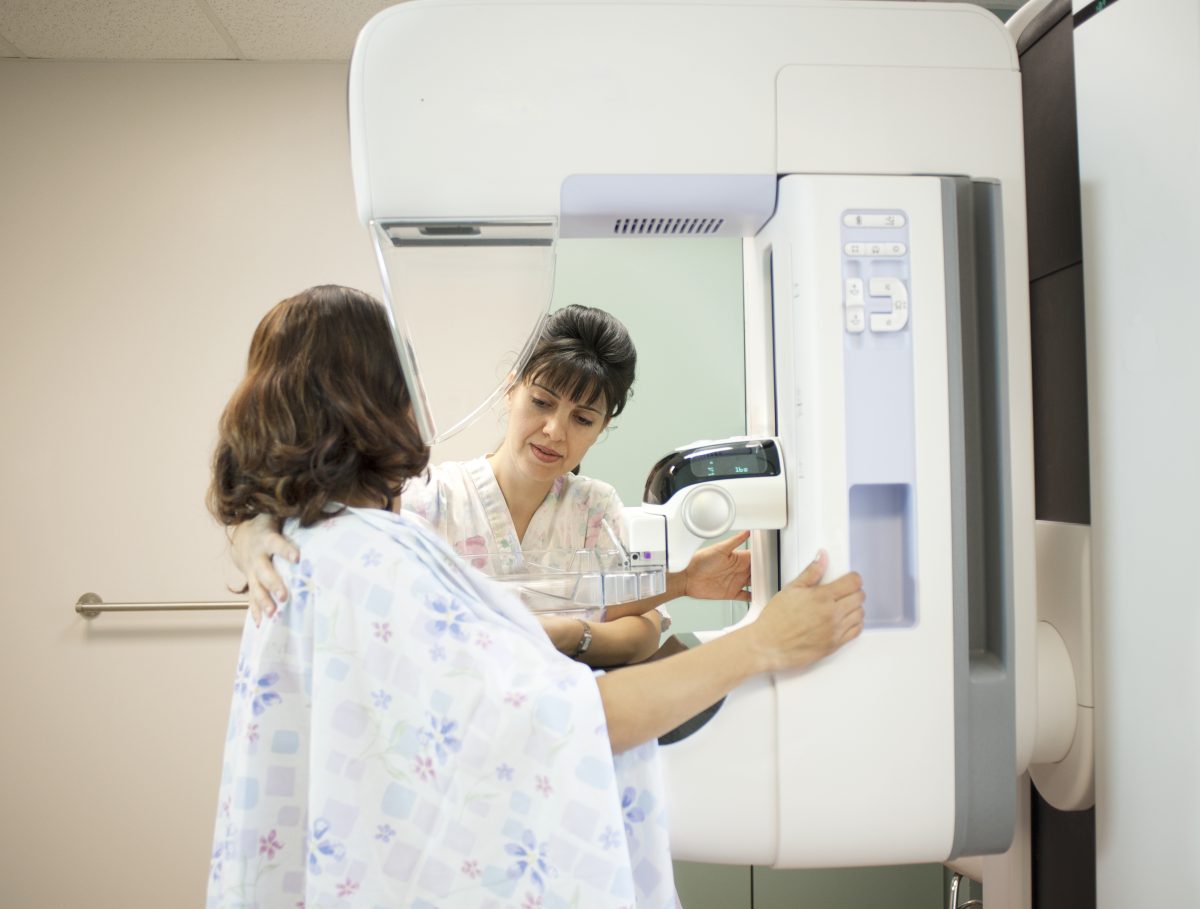Lots of beachgoers say a day in the sun makes them feel good, but a new study suggests the feeling could be addicting.
Researchers from Harvard Medical School found mice exposed to UV rays for 20 minutes a day 5 days a week produced high levels of endorphins, which act on the same parts of the system as morphine and heroin.
As their opioid levels rose in as little as one week of expsure, the mice were also less responsive to touch and light. The UV exposure induced them into some sort of numbed state, similar to being drugged.
They also exhibited withdrawal symptoms when they were given a drug that blocked the endorphin release.
The researchers pointed to their findings as a reason why people continue to bask in the sun’s glow despite skin cancer warnings.
“It may be necessary … to more proactively protect individuals, including teens, from the risks of an avoidable, potentially life-threatening exposure and to view recreational tanning and opioid drug abuse as engaging in the same biological pathway,” wrote researchers, led by Gillian L. Fell and Kathleen C. Robinson of Harvard Medical School.
The sun’s rays have long been known to be a natural source of vitamin D for humans, and the authors of the study, published in the academic journal “Cell,” suggest their findings would replicate in humans, and could provide clues on how to prevent skin cancers.
Local
Get Los Angeles's latest local news on crime, entertainment, weather, schools, COVID, cost of living and more. Here's your go-to source for today's LA news.
Researchers concluded that the need to obtain vitamin D through the sun may have been necessary in past years, but “it now may contribute to the relentless rise in skin cancer incidence in humans.”



